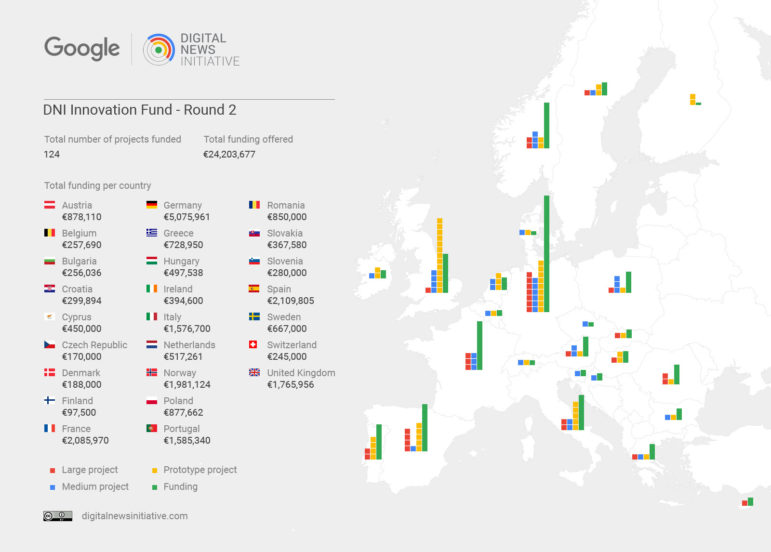 Last week, Google announced funding for 124 projects in the second round of its Europe-based Digital News Initiative (DNI) Innovation Fund. Among the grant awardees, we’re pleased to note, are seven members of the Global Investigative Journalism Network: Atlatszo.hu, Correct!v, Direkt36, Investigative Reporting Project Italy (IRPI), the Organized Crime and Corruption Reporting Project (OCCRP), the Rise Project, and the Romanian Center for Investigative Journalism.
Last week, Google announced funding for 124 projects in the second round of its Europe-based Digital News Initiative (DNI) Innovation Fund. Among the grant awardees, we’re pleased to note, are seven members of the Global Investigative Journalism Network: Atlatszo.hu, Correct!v, Direkt36, Investigative Reporting Project Italy (IRPI), the Organized Crime and Corruption Reporting Project (OCCRP), the Rise Project, and the Romanian Center for Investigative Journalism.
 The Digital News Initiative (DNI) is a partnership between Google and news publishers in Europe to support high quality journalism through technology and innovation. Google has so far offered over €24 million to projects large and small from 25 countries across Europe, with the intent of advancing media innovation and helping bail out Europe’s ailing news industry. The grants are widely seen as a response by the tech giant to a series of antitrust cases by European regulators.
The Digital News Initiative (DNI) is a partnership between Google and news publishers in Europe to support high quality journalism through technology and innovation. Google has so far offered over €24 million to projects large and small from 25 countries across Europe, with the intent of advancing media innovation and helping bail out Europe’s ailing news industry. The grants are widely seen as a response by the tech giant to a series of antitrust cases by European regulators.
The range of funded projects this round is wide, from new digital platforms for feature reporting and obituaries to gaming and fact-checking initiatives. Notably, the list includes for the first time a considerable number of investigative journalism projects. With funding always scarce for muckrakers, the grants are pumping welcome funds into investigative groups working on data applications, information exchange, archives, crowdsourcing, and more.
Three types of projects were eligible for funding — early stage prototype projects requiring up to €50,000 of funding; medium projects with up to €300,000 of funding; and large projects of more than €300,000 of funding. Google accepted funding requests for medium and large projects for up to 70% of the total project cost. Funding is capped at €1 million for large projects, with exceptions possible for large collaborative projects (such as international, sector-wide, and involving multiple organizations) or that significantly benefit the broader news ecosystem.
Of the 124 projects funded, GIJN has pulled together those with obvious investigative applications, including the seven GIJN member organizations. In the interests of transparency, GIJN asked its members how much funding they received.
Projects by GIJN Members
Large Projects
 Correct!v — Recherchen für die Gesellschaft gGmbH, Germany (€500,000 for three years)
Correct!v — Recherchen für die Gesellschaft gGmbH, Germany (€500,000 for three years)
The virtual newsroom/crowd newsroom is intended to be a tool for journalists and citizens alike who are interested in collaborating on complex issues that they would like to work on in a journalistic way. Using crowdsourcing, participants will have the opportunity to cooperate in groups on individual topics. The virtual newsroom/crowd newsroom will also focus on specific issues, from climate change and crisis policy to local scandals and greater inclusion of the disabled. The goal: complex topics are to be processed by as many people as possible in a journalistic way to promote a deeper understanding and widen public debate.
 Romanian Center for Investigative Journalism, Romania (€400,000)
Romanian Center for Investigative Journalism, Romania (€400,000)
Development and testing of an open source digital toolkit to facilitate investigative collaborations. When fully developed, the kit will allow for “distributed, non-hierarchical data analysis, sharing, information exchange and annotation.” The kit will have strong security protections with a focus on small and portable devices. The goal: to provide investigative journalists with a secure and integrated environment to enable “distributed, liquid collaboration” on journalistic projects.
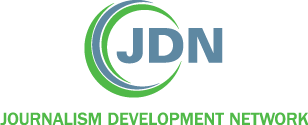 Journalism Development Network (OCCRP), Romania (€400,000 for two years)
Journalism Development Network (OCCRP), Romania (€400,000 for two years)
The project will see the creation of a research platform designed as a turnkey solution for small media or small investigative teams within large media, to accelerate and simplify the work of investigative reporters and save on major costs. This platform will be available as both a service for media with limited capacity or as a fully documented solution that can be spun up.
Medium Projects
 Direkt36, Hungary, partnering with Zetland Aps, Denmark and Athens Live, Greece (approx. €140,000)
Direkt36, Hungary, partnering with Zetland Aps, Denmark and Athens Live, Greece (approx. €140,000)
“Doors Wide Open” — Zetland will build a commenting suite for news sites that promotes meaningful dialogue rather than bursts of opinion. It will stimulate and encourage regular daily interaction between newsrooms and the communities they serve. The project will focus on relatively small communities of highly engaged readers, who are the key to subscription and donation-based news business models in smaller countries. The product suite will be developed by Zetland, with input from partners Direkt36 and Athens Live.
Prototype Projects
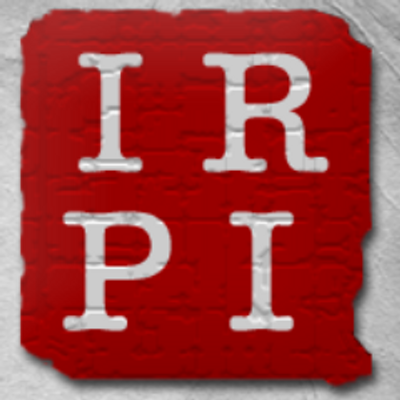 Investigative Reporting Project Italy (IRPI), Italy (€50,000)
Investigative Reporting Project Italy (IRPI), Italy (€50,000)
Mafia Files is a digital archive that will store, collect, and allow sharing of documents related to Italian legal actions involving Mafia affiliates and clans. The project is also an independent, investigative research service. IRPI’s journalists will provide on-demand reports about Italian organized crime cases and members throughout the world.
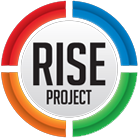 RISE Project, Romania (€50,000)
RISE Project, Romania (€50,000)
RISE’s project is called CPR-Breathing New Life Into Investigative Reporting. Crime and corruption are commodities that are traded and reused across borders. CPR will collect local corruption patterns, turn them into code/search queries, and make them reusable to identify new corruption cases elsewhere.
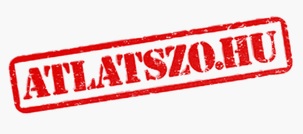 Atlatszo.hu Közhasznú Nonprofit Kft., Hungary (€50,000)
Atlatszo.hu Közhasznú Nonprofit Kft., Hungary (€50,000)
Atlatszo’s project is Glasspockets Tracker, a public-interest notification tool. According to the law, every state-funded organization in Hungary is obliged to publish their public-interest data on their websites. But in practice most of them do not meet the law’s requirements, with no penalties. Glasspockets Tracker will automatically scrape their data from the state, warn them if they do not publish in a timely manner, and publish it all in a publicly accessible database.
Other Investigative Projects
Medium Projects
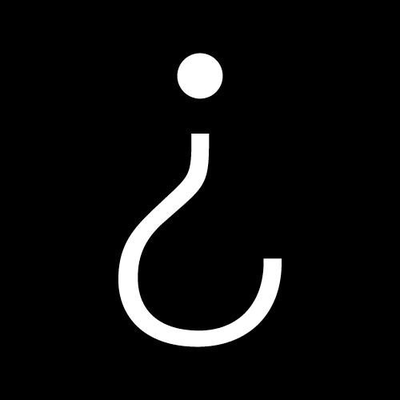 Bellingcat, UK
Bellingcat, UK
The Archive for Conflict Investigation is a platform that collects, curates, verifies, analyzes, and preserves social media content from conflict areas. The platform informs the public of developments as they arise, and also provides an evidence base for use in future investigations. Cataloging verified information will support the efforts of various groups interested in conflict, allowing for cross-referencing of their reports against the platform’s verified dataset. This in turn will lead to more reliable and timely reporting of conflicts in the media and by human rights organizations. The overall aim of the project is to establish a set of tools, methodologies, and processes that can be applied by journalists to any modern conflict
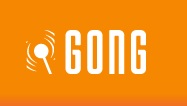 GONG, Croatia
GONG, Croatia
Mosaic of Influence will become the central place to search relevant and up-to-date information on Personally Exposed Persons (PEPs) in Croatia for journalists, watchdog NGOs, and the public. The online platform will identify, collect, and keep regular updates on datasets from public sources and produce meaningful research, analysis, or contextualizing of PEPs and their connections to public and private stakeholders. This will make desk research about Croatian PEPs faster, cheaper, and more user-friendly not only for the first specialized fact-checking media in Croatia Faktograf, but also for the rest of Croatian and EU media sphere.
 Fundacja ePaństwo, Poland
Fundacja ePaństwo, Poland
The aim of the project is to provide a digital tool for journalists to help them conduct research on public figures in Poland, especially politicians, public officials, scientists, and candidates for public offices. The tool will integrate and organize data from open sources and make them available to public in a way that makes it possible to quickly analyze and see connections between them. Data sources will include those which are not being indexed by search engines crawlers.
Prototype Projects
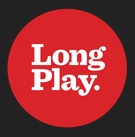 Long Play Media Oy, Finland
Long Play Media Oy, Finland
Long Play wants to offer a publishing platform for small- to mid-size publishers and journalists who are very much like us. We will start this by creating a prototype of the service and continue with finding partners willing to test it. Our first partners will start Long Play chapters in other European countries, thus creating a European network of investigative journalists and new possibilities for co-operation, such as cross-border investigations. Later on, the platform will be available to other publishers as well, be they collectives of journalists, existing publications, or local newspapers.
 Follow the Money BV (FTM Media BV), Netherlands
Follow the Money BV (FTM Media BV), Netherlands
FTM’s aims to trigger its readership to contribute to investigative journalism by means of gaming elements. Its goal is to keep the audience involved and engaged, in order to develop new stories and deepen investigations by using “the wisdom of the crowds” and the knowledge of specialists.
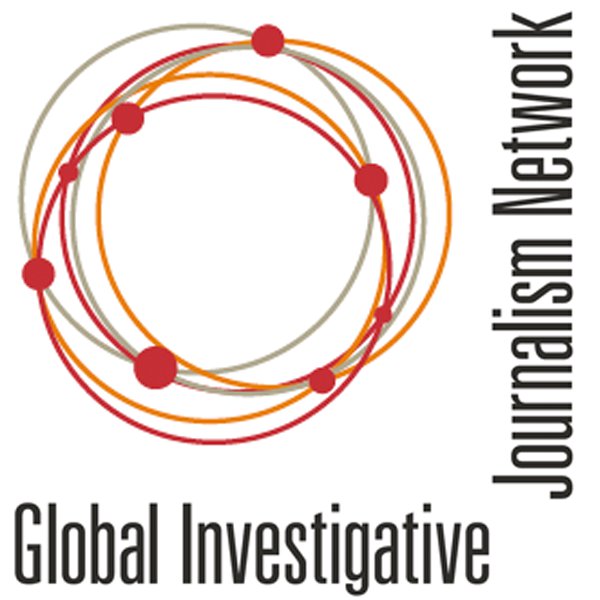 This list of investigative journalism-related projects is drawn from the second round of Google DNI’s Innovation Fund in 2016 and was assembled by the GIJN staff. Further information on the DNI can be found here. The full lists of awardees for Round 1 and Round 2 are available here. Note: Google has been a co-sponsor of GIJN conferences and program work.
This list of investigative journalism-related projects is drawn from the second round of Google DNI’s Innovation Fund in 2016 and was assembled by the GIJN staff. Further information on the DNI can be found here. The full lists of awardees for Round 1 and Round 2 are available here. Note: Google has been a co-sponsor of GIJN conferences and program work.
